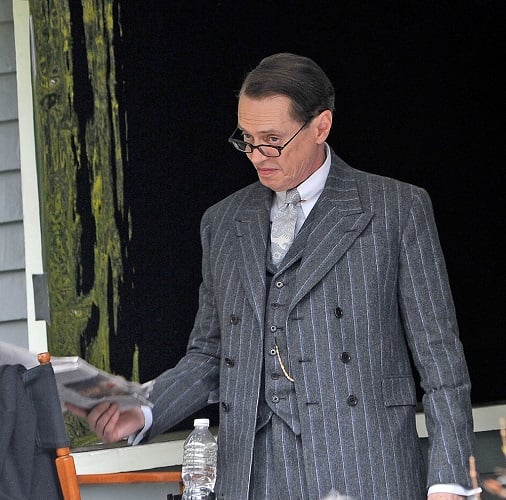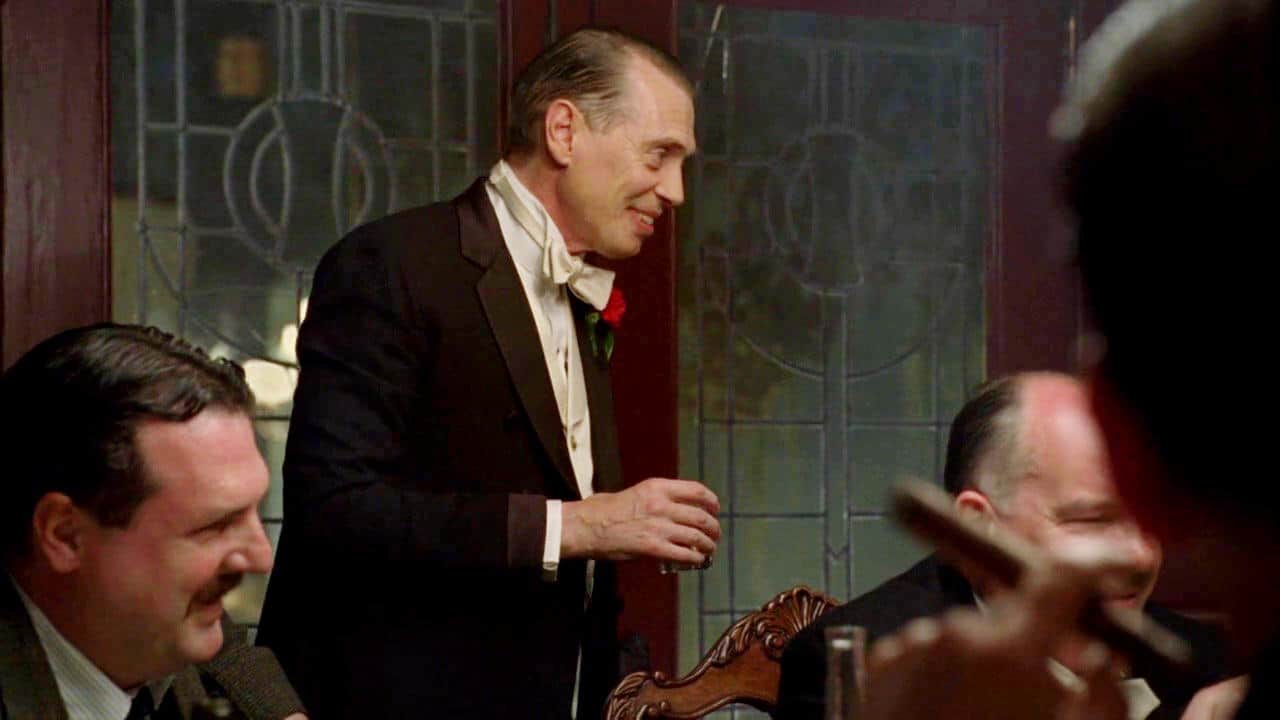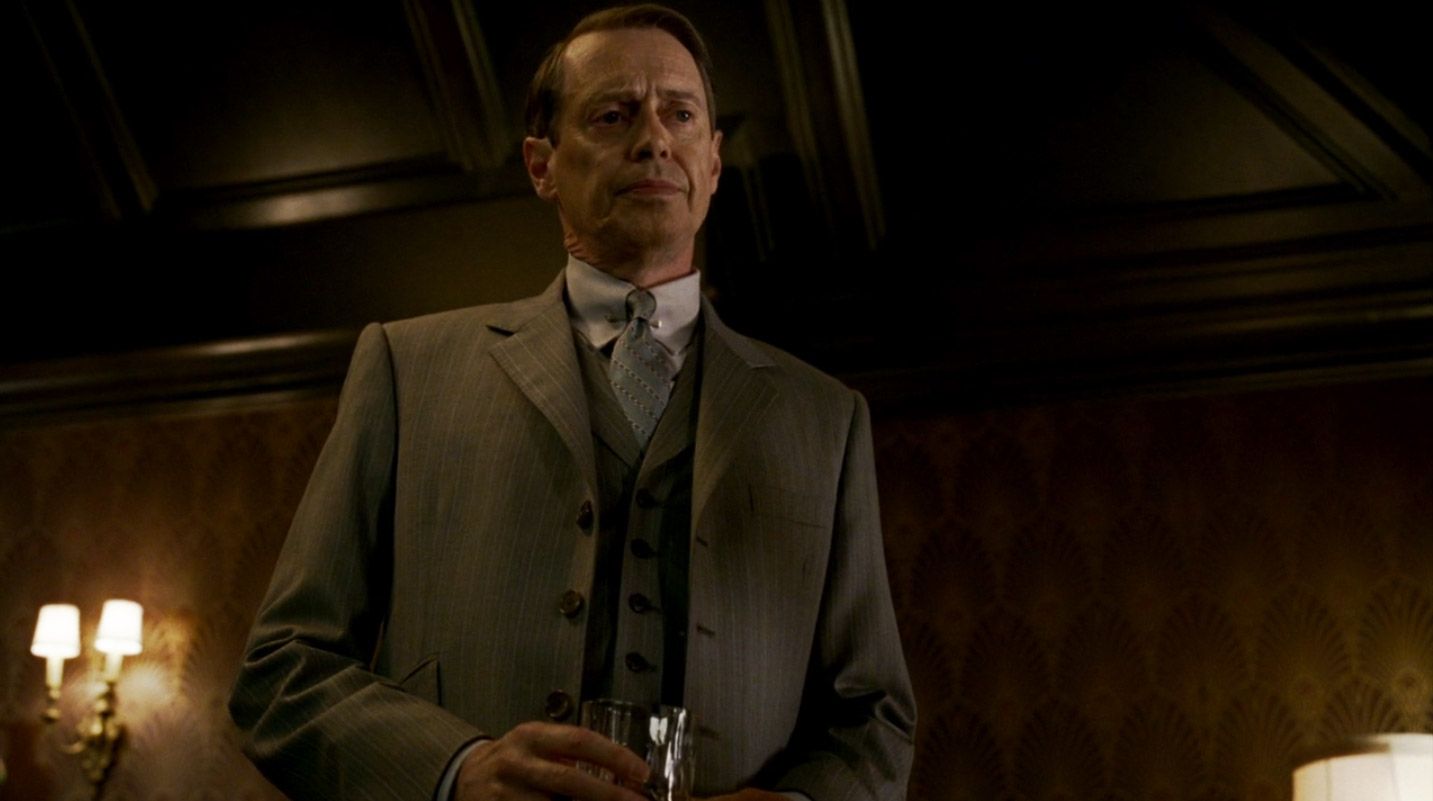The Real Nucky Thompson

Nucky Thompson’s Suits & Outfits. In that very first scene, Nucky Thompson wears a 4×2 double breasted three piece suit in a cashmere stripe, which is the pattern of the trousers for a stroller or morning coat that does not necessarily need to be made of cashmere. WandaVision: Where Is the REAL Vision Now? Boardwalk Empire: How the HBO Series Changed Nucky Thompson's History RUMOR: Rangers of the New Republic Replaces Cara Dune With a Rebels Mainstay.
How Did Nucky Thompson Die In Real Life
Born: January 20, 1883, Atlantic County, New Jersey
Died: December 9, 1968, Northfield, New Jersey
Nicknames: Nucky, Czar of the Ritz
Associations: Al Capone, Charlie “Lucky” Luciano, Meyer Lansky, the Commission
Enoch Lewis “Nucky” Johnson was the Prohibition Era kingpin of the Atlantic City political machine who personally and professionally benefited from Prohibition, which was essentially a dead-letter law in Atlantic City. A large man, over six feet tall, Johnson was famous for wearing a red carnation in the button hole of his impeccable suits.
Johnson, who inspired the Nucky Thompson character in the HBO television series Boardwalk Empire, was the son of the sheriff of Atlantic County, a powerful regional politician in his own right. Johnson followed in his father’s footsteps and was elected Atlantic County sheriff in 1908. A year later, Johnson was appointed executive secretary of the county’s Republican Party.

In 1911, New Jersey Governor Woodrow Wilson, a reformer who would go on to be president, led an effort to clean up corruption and rackets in Atlantic City, leading to indictments of more than 100, including Johnson and the then-boss, Louis “The Commodore” Kuehnle. While Kuehnle was convicted of election fraud, Johnson was not. Although he was forced to resign as county sheriff, he assumed near-total control of the Republican Party machinery for Atlantic City and Atlantic County. Johnson, who reportedly got a percentage of profits from all gambling and prostitution in Atlantic City, soon extended his political influence into state politics and was instrumental in the election of a sympathetic New Jersey governor in 1916.
With the enactment of Prohibition in 1920, Johnson’s profits and political influence continued to grow. Prohibition was essentially ignored in the coastal holiday community. In 1929, Johnson hosted a meeting of prominent Mob figures, including Charlie “Lucky” Luciano, Meyer Lansky and the participants in Chicago’s beer wars, Al Capone and Bugs Moran.
By the 1930s, newspapers and law-and-order reformers started paying close attention to Atlantic City and to Johnson. Johnson, famously, did not apologize for delivering illegal products to paying customers. “We have whisky, wine, women, song and slot machines,” he said. “I won’t deny it and I won’t apologize for it. If the majority of the people didn’t want them, they wouldn’t be profitable and they would not exist.”
Johnson’s public persona attracted the wrong kind of federal attention. He was indicted and tried for tax evasion. In one investigation cited by Thomas Reppetto in American Mafia: A History of Its Rise to Power (2004), Treasury agents counted the number of towels in local brothels to estimate the number of customers and thus the amount of income that went to Johnson.


What Happened To The Real Nucky Thompson
After three trials, federal prosecutors finally won a conviction and in 1941 Johnson began serving a ten-year sentence. He was paroled in 1945, and lived more modestly and quietly in Atlantic City while he worked as a salesman for an oil company. But he continued to be influential in local and state politics.

Unlike his fictional Boardwalk Empire counterpart, who was shot and killed, Johnson lived into old age. He died at age eighty-five in a convalescent home in New Jersey. That wasn’t the only difference from his fictional alter ego, Nucky Thompson. Johnson was never alleged to have personally killed anyone, nor was he accused of ordering someone else’s murder. His approach was to rule with money and influence, rather than violence: “Johnson ruled with a velvet hammer. His power was such that he never needed violence to get his way,” the New York Times wrote in 2014.